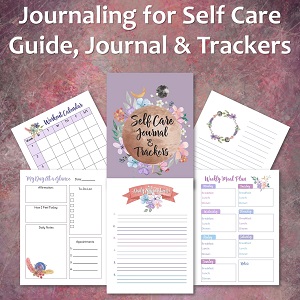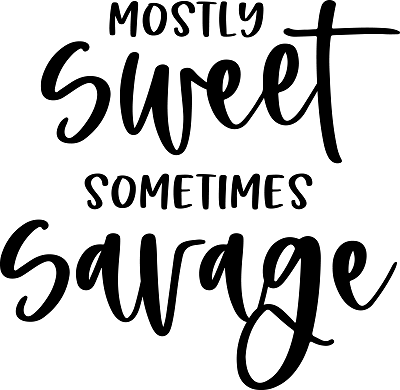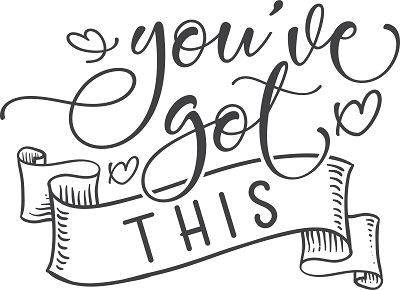 If you grew up in an abusive environment, or were with an abusive partner, then your brain has been wired so that you likely do not feel very good about yourself.
If you grew up in an abusive environment, or were with an abusive partner, then your brain has been wired so that you likely do not feel very good about yourself.
In fact, your self-esteem and self-confidence will be in tatters and you will believe you are responsible for other people’s mistakes and misdemeanors. You will have learned how to be your own worst enemy and your inner critic will be having a field day telling you how awful you are.
The good news is that it is possible to reprogram your brain and with consistency and commitment to the process, you can actually grow new neural pathways that follow much healthier and more self-loving patterns of thinking.
Here’s how to do it:
1 – Catch yourself in the act of being mean to yourself. For some, living with verbal, emotional, and even physical abuse may have been the norm so self-criticisms and thoughts that are put-downs may not even be conscious. Try keeping a thought journal to help you consciously identify yourself destructive thoughts and how often you have them.
2 – Change your thoughts. Once you know what they are, you can do something about changing your negative thoughts for more positive or constructive thoughts. For instance, you can change “You’re so ugly” into, “You are uniquely beautiful.”
3 – Practice kindness and compassion towards yourself. Loving kindness directed first and foremost at yourself, not only helps you feel better about yourself but it makes you more likely to be kinder and more compassionate towards others.
4 – Practice mindfulness. Mindfulness is the art of staying in the present moment, instead of being focused on the past or the future. When we focus on the future, we often worry and feel anxious. When we focus on the past, we may feel sad for things we have lost or angry over a past event that didn’t go the way we had hoped. Both these non-present states generate stress and negative emotions. Staying focused on the present moment helps us reduce stress and let go of negative emotions. It helps us relax.
5 – Learn to have fun. Find out what you enjoy doing, and then go and do it! Laughter is healthy.
6 – Practice self-care. This may mean taking a long bath or a walk in nature. It may mean doing yoga, listening to music, or meditating.
7 – Eat well. Eating nutritious food is another way of looking after yourself. Self-care is the opposite of self-abuse.
8 – Exercise. Regular exercise is healthy and it makes you feel good. Your body releases feel-good endorphins when you exercise.
9 – Seek help. See a therapist to workout your deepest inner issues, often this is the most efficient way to grow as a person and achieve gains in improving your self-esteem.
10 – Stay connected to your kind, supportive, and positive friends and family. Avoid abusive people and surround yourself with those who can support you in feeling good about being yourself and developing your potential.
Learning to love yourself is an art that can and must be cultivated in order for you to live a happy, healthy, and fulfilling life, particularly if you have grown up in an abusive environment or been in an abusive relationship.
You may not have known it in your past but you have every reason to start living a life filled with positive thoughts and emotions, and hence beliefs and experiences. You are ultimately in control of what you believe in.
Since they are beliefs (and not absolute truths), why not choose to believe in something that makes you feel good about yourself? It takes practice, dedication, and commitment, but it can be done!




